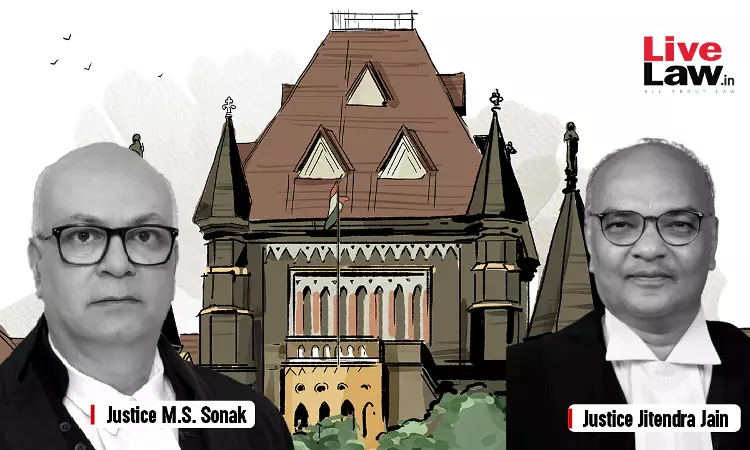- Home
- /
- High Courts
- /
- Bombay High Court
- /
- 'Annual General Reports Made By...
'Annual General Reports Made By SEBI Cannot Be Disclosed Without Following Procedure U/S 11 Of RTI Act': Bombay High Court
Saksham Vaishya
11 July 2025 2:35 PM IST
The Bombay High Court has held that before disclosing any information related to third parties, including stock exchanges like NSE and BSE, under the Right to Information Act, 2005 (RTI Act), the concerned authority must strictly comply with the mandatory procedure laid down in Section 11 of the Act.A Division Bench of Justices M.S. Sonak and Jitendra Jain passed the ruling in a batch of...
The Bombay High Court has held that before disclosing any information related to third parties, including stock exchanges like NSE and BSE, under the Right to Information Act, 2005 (RTI Act), the concerned authority must strictly comply with the mandatory procedure laid down in Section 11 of the Act.
A Division Bench of Justices M.S. Sonak and Jitendra Jain passed the ruling in a batch of writ petitions arising from an RTI application filed by transparency activist Subhash Chandra Agarwal seeking information about SEBI's appointment of public interest directors (PIDs) and inspection reports of institutions like BSE, NSE, and MCX.
While SEBI challenged the Central Information Commission's (CIC) 2022 order partially allowing the RTI request, Agarwal filed petitions to seek fuller disclosure of information that had been denied.
The Court upheld SEBI's denial of information under Section 8(1)(e) (fiduciary capacity) and found the remaining queries vague or too general. It observed that information about rejected candidates for PID posts and annual inspection reports of stock exchanges involved third-party rights and therefore could not be disclosed without following the process laid out in Section 11 of the RTI Act.
“Their privacy concerns cannot be disregarded without giving them an opportunity to oppose such disclosures, if they so choose. The provisions in Section 11, which are mandatory, cannot be avoided or bypassed in such situations,” the Court said.
The Court emphasized that stock exchanges are third parties under Section 2(n) of the RTI Act and noted that information provided by them to SEBI in confidence or as part of regulatory compliance could not be unilaterally disclosed without giving them a chance to oppose such disclosure. The role of SEBI in regulating stock exchanges cannot be equated with that of the RBI and banks.
“In any event, the annual general reports, based upon information furnished by the various stock exchanges, can be said to constitute information related to third parties. Therefore, without following the provisions of Section 11 of the RTI Act, there was no question of directing even the limited disclosures that have been made,” the Court observed.
Accordingly, the CIC's decision directing disclosure of rejected candidates' names and summary findings of inspections was set aside, and the matter remanded to the Central Public Information Officer (CPIO), SEBI, for reconsideration in accordance with Section 11.
Case Titles:
- Securities and Exchange Board of India v. Central Information Commissioner & Ors. (WP Nos. 10909 & 10910 of 2023)
- Subhash Chandra Agarwal v. CPIO, SEBI & Ors. (WP Nos. 10887 & 10888 of 2023)



